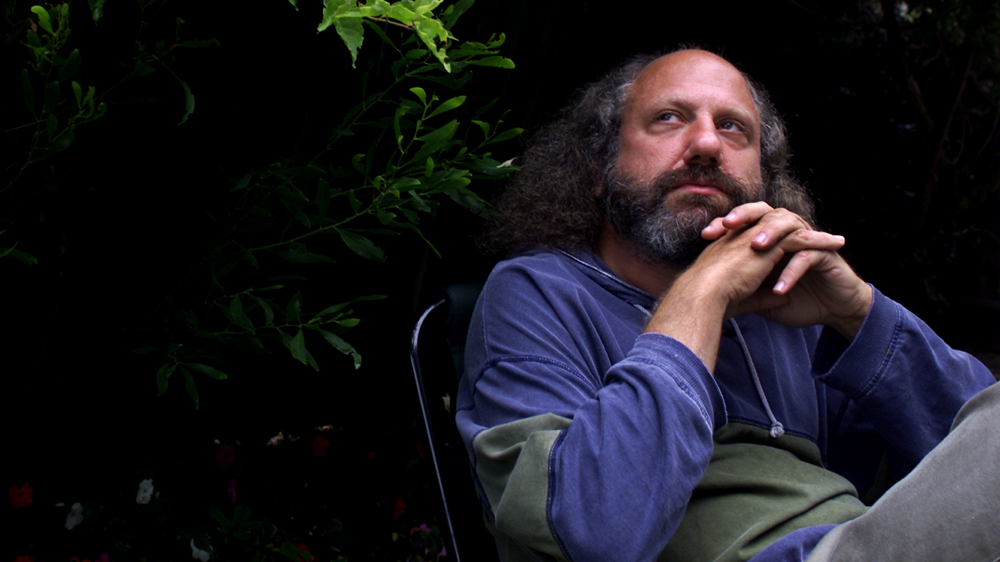Hal Willner, Music Producer and ‘SNL’ Veteran, Dies of Coronavirus at 64
By Chris Willman
LOS ANGELES (Variety.com) – Hal Willner, a record producer famed for his left-of-center tribute albums and concerts, and as the long-time sketch music producer for “Saturday Night Live,” has died of complications related to the coronavirus, Variety has confirmed. He was 64.
On his Twitter account, the producer had alluded to having been diagnosed in a March 28 tweet, which included a map of coronavirus outbreaks across the United States with the New York area as a red epicenter. He described himself in the tweet as “in bed on upper west side” and said, “I always wanted to have a number one, but not this.”
“Pure Arch Oboler with Serling added,” Willner additionally wrote, apparently comparing the coronavirus to something out of Oboler’s classic “Lights Out” horror radio show or Serling’s “Twilight Zone” — just the kind of references that friends would have expected from Willner, who had a century’s worth of culture, pop and otherwise, at his command.
Among the artists for whom Willner produced albums were Marianne Faithfull (recently diagnosed with her own bout of COVID-19), Laurie Anderson, Lou Reed (including his final major studio release, “Ecstasy”) and Lucinda Williams.
He had been involved with “SNL,” as the man behind the music skits, since 1980. But Saturday wasn’t the only night of the week he was associated with; Willner was the music coordinator on the Lorne Michael executive-produced “Sunday Night” (also known as “Night Music”), an eclectic weekly music series hosted by David Sanborn for two seasons in 1988-90, one of them on NBC and one in syndication.
But he remains perhaps best or most fondly remembered for the full-length salutes he helmed, like 1988’s “Stay Awake: Various Interpretations of Music from Vintage Disney Films,” which had artists as disparate as Ringo Starr, Michael Stipe, Bonnie Raitt, the Replacements, Yma Sumac, Ken Nordine, Harry Nilsson, Tom Waits and his beloved Sun Ra covering classic songs from Disney’s golden age in either faithful or deeply eccentric renditions.
Prior to the Disney collection, he produced “Amarcord Nino Rota” in 1981, “That’s The Way I Feel Now: A Tribute to Thelonious Monk” in 1984 and “Lost in the Stars: The Music of Kurt Weill” a year later, employing guests ranging from Deborah Harry to Wynton and Bradford Marsalis and John Zorn. In 1992, he followed these sets with “Weird Nightmare: Meditations on Mingus,” a mostly instrumental salute to the jazz legend that also included vocal interpretations of his work from Elvis Costello, Henry Rollins, Dr. John, Leonard Cohen and Chuck D.
“He gets musicians together who wouldn’t get together,” NRBQ’s Terry Adams told the New York Times in a profile of Willner. “And it always works.”
“It’s not any kind of radical thinking,” Willner said in that same story. “That’s what we had growing up. Bill Graham would have Led Zeppelin preceded by the Bonzo Dog Band and Rahsaan Roland Kirk on the same show. How many people saw Patti LaBelle opening for Richard Pryor? So it’s just continuing a philosophy from that point of view. But people don’t do that anymore.”
His last major compilations came in 2006 and again in 2013 in the form of pirate-themed “Rogues Gallery” albums, which featured Bono, Nick Cave, Richard Thompson, Sting, Bryan Ferry, John C. Reilly, and the pairings of Michael Stipe with Courtney Love and Patti Smith with Johnny Depp.
Willner had been at work for years on a T. Rex tribute album , with tracks already in the can by U2 and others, that is yet to be released.
In later years, as major-label support for such unusual projects waned, most of his tributes took the form of concerts, including all-star salutes to Leonard Cohen in Canada and a 2001 tribute to “Harry Smith’s Anthology of Folk Music” in Los Angeles.
In October 2018 Willner was the subject of his own tribute show, which took place at a small venue in Brooklyn. The concert, covered by Variety , featured guests including Laurie Anderson and David Johansen, with taped salutes from Cave, guitarist Bill Frisell and singer Diamanda Galas.
Making self-effacing reference to how commercially questionable some of his passionate pursuits had been, Willner joked to the crowd saluting him that “I’ve spent the last 40 years as a producer creating things that would make sure this didn’t happen.”
In the Times’ 2017 profile, Willner lamented changes he saw in the passionate connections people felt with the strange and wonderful fringes of culture.
“Weird isn’t in right now,” he said. ““I don’t know what inspires people now,” he said. “Maybe they don’t need to be inspired in that way. Do these last two generations have heroes? I’m not sure they do. I go to Avenue A now and listen to what people are talking about, and it isn’t culture. When John Lennon died I couldn’t go to work for two days. I wonder if they have someone that they look at like that — an author, a poet, whatever. Those are people who made us what we are. … But then again, were we right?”
The final tweet on Willner’s account was in support of another coronavirus sufferer, John Prine. “Sending love to John Prine who is in critical condition with COVID-19,” he wrote. “John is a music giant. His songs are as good as it gets and he’s a spellbinding performer. Send good thoughts his way. ‘I sound like that old guy down the street that doesn’t chase you out of his apple tree.’”

